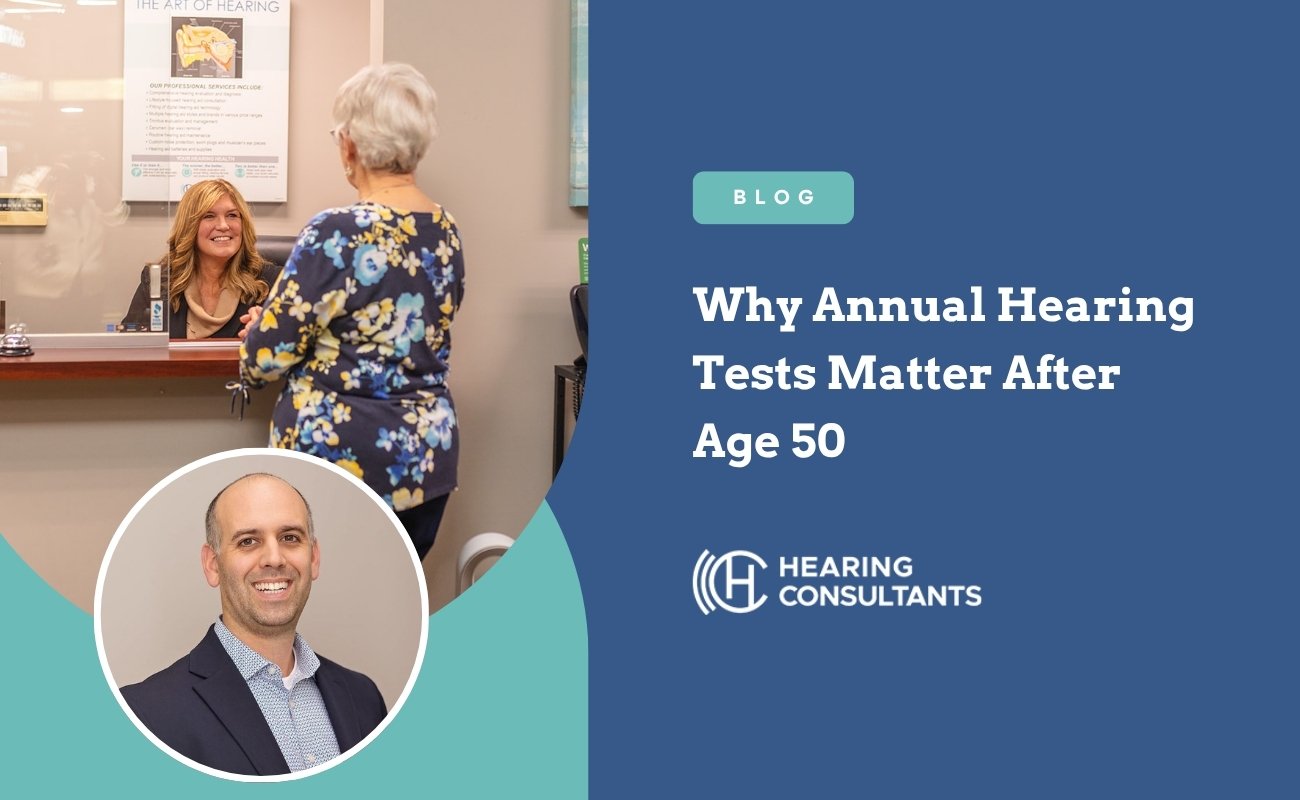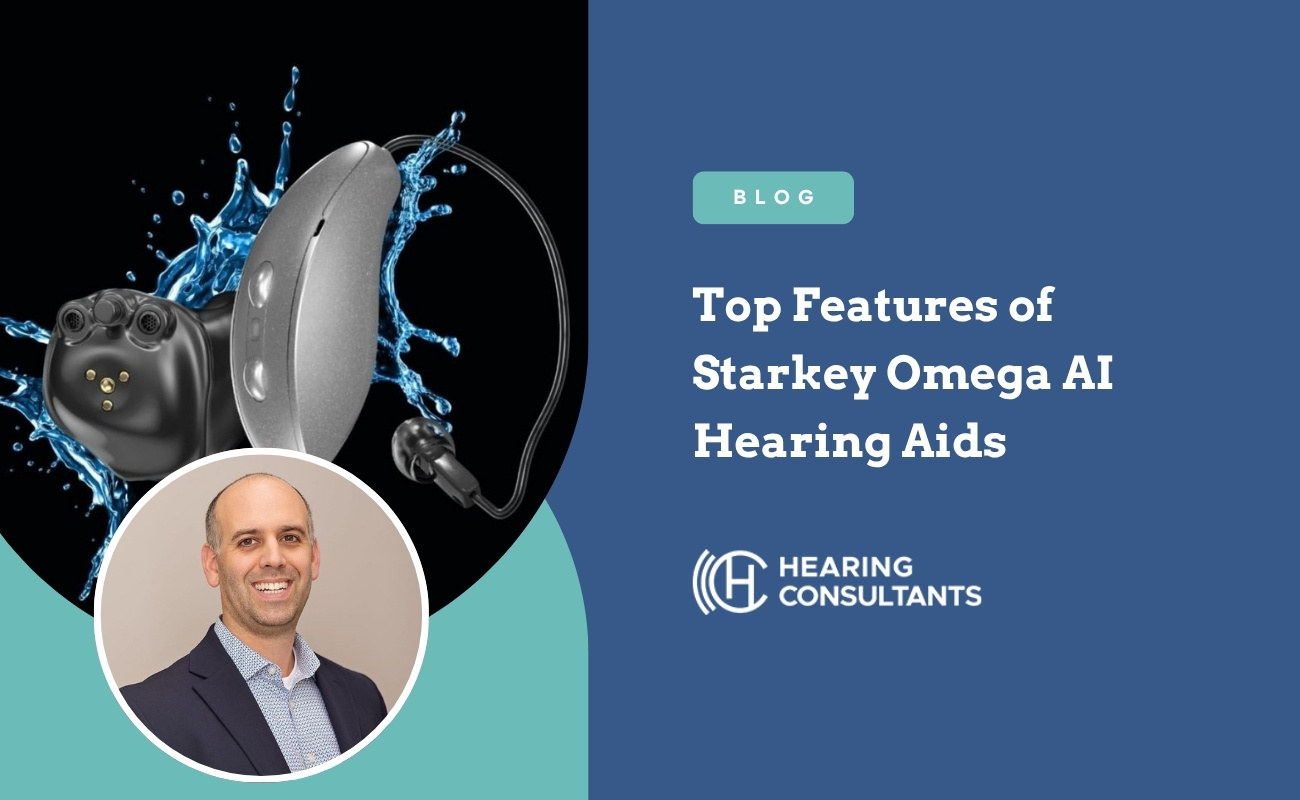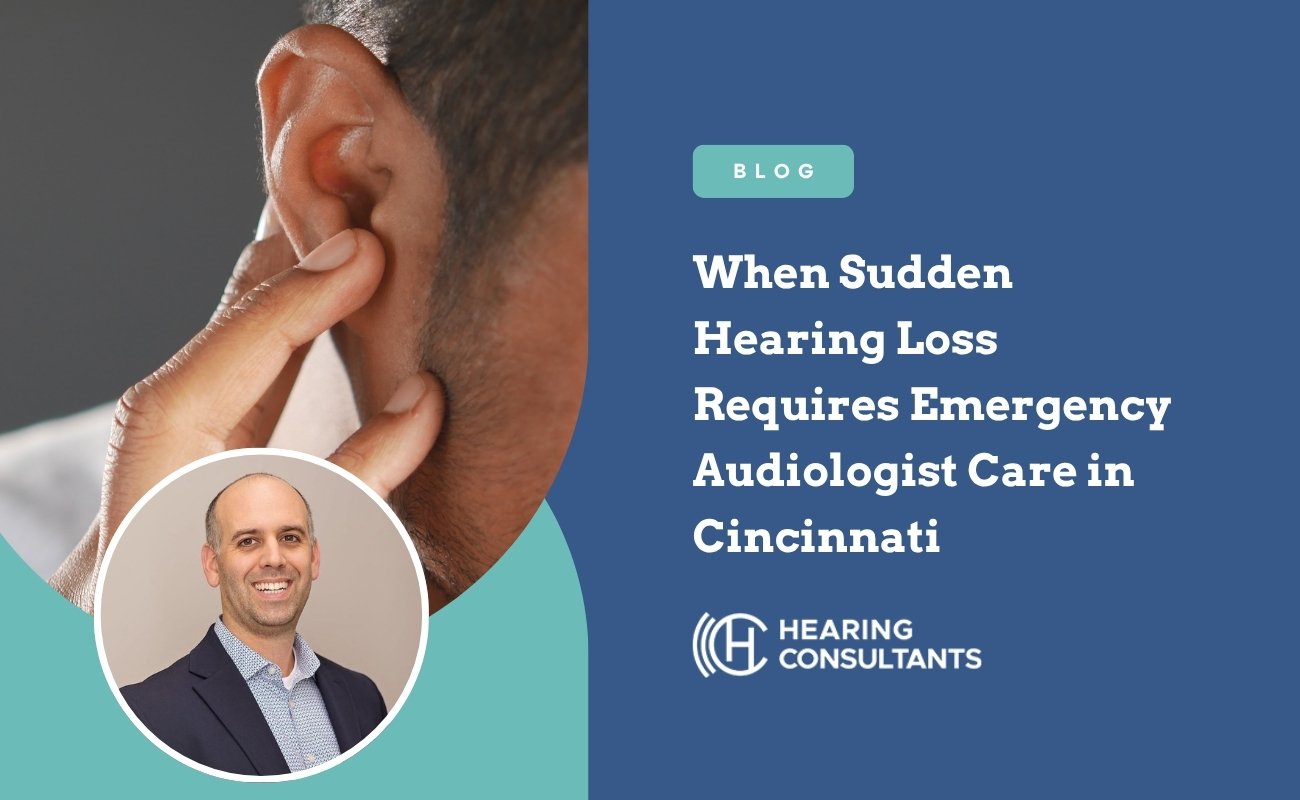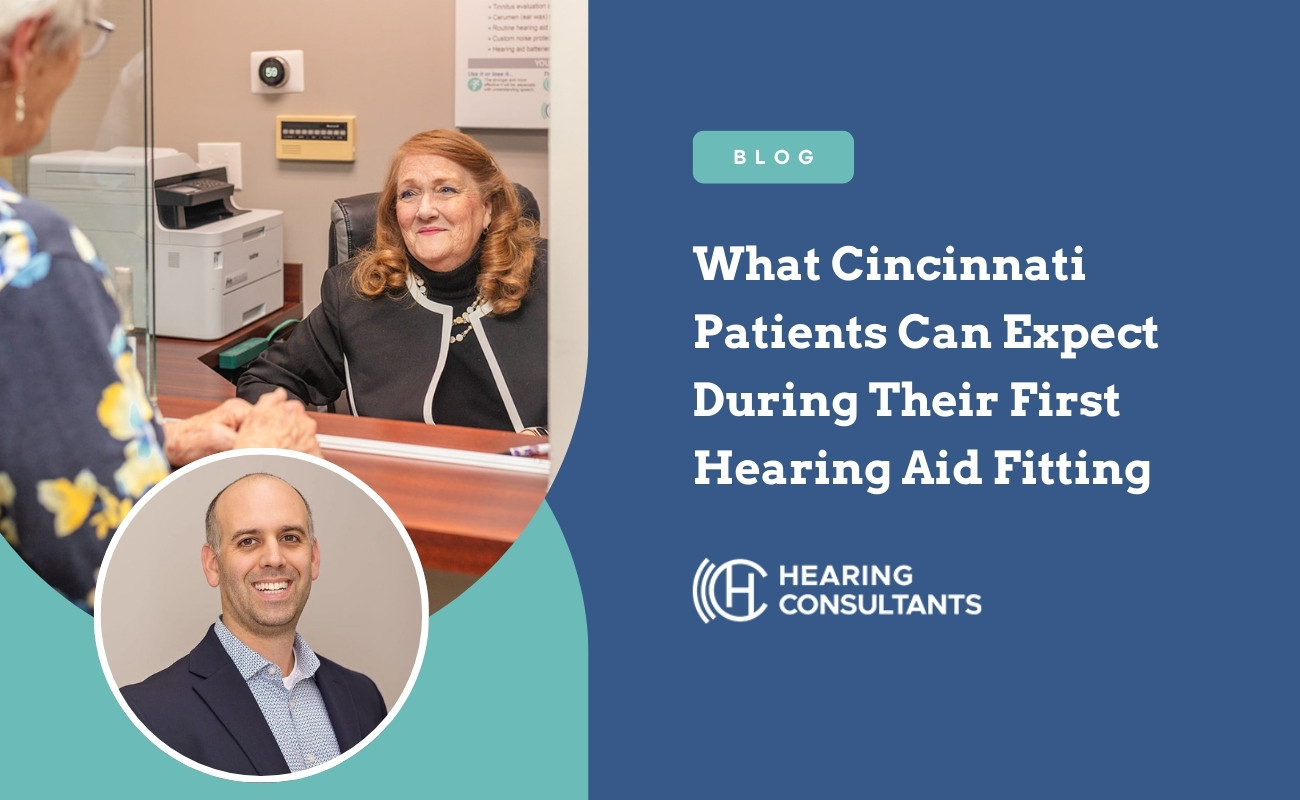Treating Sudden Hearing Loss
The sudden loss of hearing in one or both ears can be frightening, but many patients make a full recovery. For patients who are left with a degree of hearing loss and tinnitus, treatments such as hearing aids and audiological rehabilitation can provide relief. Sudden Sensorineural Hearing Loss (SSNHL) is a medical emergency: it should always be taken seriously and assessed by a doctor immediately, for better chances of a full recovery of hearing.
Some Facts About Sudden Hearing Loss:
- Sudden hearing loss occurs when there is a loss greater than 30 decibels over three frequencies, which appears over a period of less than three days.
- Sudden hearing loss often appears without a warning sign and for no apparent reason. It typically develops in 24 hours or less.
- The hearing loss may be noticed first thing in the morning, and you may hear a “pop” in your ear before the loss occurs.
- SSNHL comes from the inner ear (cochlea) rather than the outer or middle ear.
- Most cases of SSNHL are viral, and most patients receive treatment with steroids. Patients with only mild degrees of hearing loss tend to recover.
- 70 percent of SSNHL patients also experience tinnitus symptoms, and 50 percent also suffer from vertigo (dizziness).
- Sudden sensorineural hearing loss is usually unilateral (occurring in only one ear); only 2 percent of patients experience a sudden loss of hearing in both ears. It occurs in the left ear in 55 percent of cases.
- Older adults have a higher chance of developing SSNHL. In 20 to 30-year olds, this condition affects 4.7 people out of 100,000; in 50 to 60-year olds, it affects 15.8 people out of 100,000.
- The incidence of SSNHL is the same in men and women.
Treating SSNHL
Before your sudden hearing loss can be treated, your doctor will first need to identify the cause of the loss. The evaluation will include a complete medical history, a physical exam, a hearing test, and laboratory and radiographic studies.
The good news is that, in 32 to 79 percent of cases of sudden hearing loss, patients recover spontaneously, typically within the first two weeks. In patients with severe hearing loss and patients who also have vertigo, the chances of full recovery are smaller. Treating SSNHL with steroids immediately greatly increases the chances of a full recovery. Studies also show that younger patients are more likely to make a full recovery from this type of hearing loss.
Despite the fact that sudden sensorineural hearing loss is a fairly common disease that has been researched heavily, this condition continues to be confounding for doctors and patients because the cause is still often unknown, and the prognosis is usually unclear. Many patients with sudden hearing loss are initially misdiagnosed as having an ear infection or impacted earwax, which delays treatment. Prompt treatment has been proven successful in many cases, but some patients may not improve and may be left with permanent hearing loss.
Systemic Steroid Treatment is Most Common
In most cases, doctors prescribe steroids (cortisone) which are taken orally over the course of one to two weeks, as this is the most beneficial treatment for sudden hearing loss. Studies show that patients who begin this treatment within two to four weeks after the onset of the loss have the best chance of recovery. In some cases, an additional (“booster”) shot of steroids is injected directly into the ear. Injection allows higher doses of steroids to reach the inner ear fluids, but it does not lead to recovery of hearing in every case. Sometimes, additional treatment is needed if doctors discover that the underlying cause of the hearing loss is a secondary medical issue.
Hearing Aids and Cochlear Implants Can Help
In those patients who suffer a permanent hearing loss, options still exist. Being fitted with hearing aids or receiving a surgically implanted cochlear implant can assist greatly with amplification, hearing in background noise, understanding speech, locating the direction of sounds and reducing the burden of tinnitus. At Hearing Consultants, our team will work with you to find the best treatment and get back to living the life you love. Contact us today to schedule an appointment for a hearing test and consultation.
Get in touch with
Hearing Consultants
Contact our clinic to schedule an appointment today!







